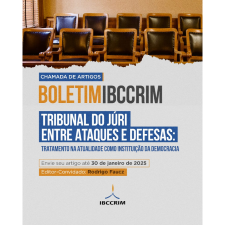Descolonizar e deslocalizar: radicalidades contra-jurídicas
Views: 25Abstract
The centrality that the modern European colonial regime still imposes is unquestionable. Decolonization, on the other hand, is the attempt to break, to reject and confront the multiple faces of modernity/coloniality. Decolonization translated in the free bodies, in the struggles or in the sciences, as resistance, disobedience; as the embodiment of voices veiled or purposely discontinued by the historical genocide that began with the invasion of the lands of Abya Yala (since 1500, there have been more invasions than discoveries), persisted in the crime against humanity of the enslavement of the peoples of Africa, and continues in the bullet that kills the black child in the periphery who can no longer get to school. To the law, it is up to the challenge of this unreasonable incarnation that some will call post-colonial critique, decolonial turn, anti-colonial revolution, rebellious praxis. At these crossroads, Law and human rights fit together denial and affirmation, reproof and testimony, condition and paradox, anarchy and strategic use, politics and litigation.
Downloads
Additional Files
Published
How to Cite
Issue
Section
License
Copyright of published articles belongs to the author, but with journal rights over the first publication and respecting the one-year exclusivity period. Authors may only use the same results in other publications by clearly indicating this journal as the medium of the original publication. If there is no such indication, it will be considered a situation of self-plagiarism.
Therefore, the reproduction, total or partial, of the articles published here is subject to the express mention of the origin of its publication in this journal, citing the volume and number of this publication. For legal purposes, the source of the original publication must be consigned, in addition to the DOI link for cross-reference (if any).

 Português (Brasil)
Português (Brasil)
 English
English
 Español (España)
Español (España)











